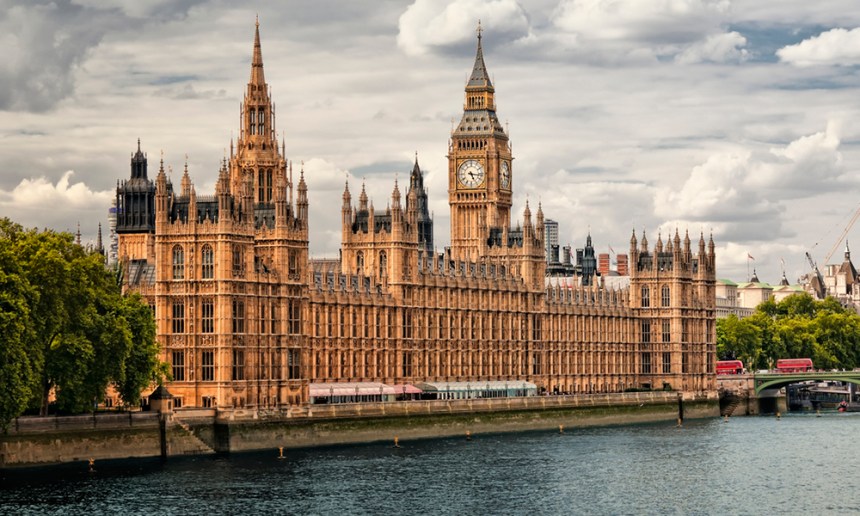The Environment, Food and Rural Affairs Committee has begun its enquiry into the circular economy with an evidence session on the Global Plastics Treaty.
The session is an opportunity for MPs to explore the key proposed elements of the Global Plastics Treaty, and the barriers that need to be overcome to achieve an agreement in the August talks.
In the two-panel session, the Committee will first hear from representatives of Greenpeace and the Waste Law Research Group, as well as Professor Richard Thompson OBE FRS, an expert on plastic pollution and Co-ordinator of the Scientists’ Coalition for an Effective Plastics Treaty.
Campaigners A Plastic Planet have welcomed the launch of the Commons Environment, Food and Rural Affairs (EFRA) Committee inquiry into plastic – but warn that the continued focus on recycling misses the bigger picture.
A Plastic Planet has been actively engaged in the UN Global Plastics Treaty negotiations and says that the UK’s circular economy approach remains stuck in a ‘dated framework’ that centres on downstream waste management.
The organisation argues that this approach fails to address the root of the problem by prioritising recycling over more fundamental ‘upstream’ solutions such as reducing plastic production or supporting viable alternatives.
In August, we need to see real ambition from our government – ambition that matches the scale of the crisis and puts human health and nature first.
Commenting on the evidence session, Sian Sutherland, Co-Founder of A Plastic Planet, said: “The majority of nations now back a strong, binding treaty to cut plastic production and protect human health.
“The UK has a choice: remain stuck in a 20th-century mindset of recycling rhetoric, or show bold leadership and align with countries calling for upstream action.
“In August, we need to see real ambition from our government – ambition that matches the scale of the crisis and puts human health and nature first.”
As part of the evidence session, MPs will explore the necessity of a Global Plastics Treaty and what key elements the UK delegation should push for as part of the next round of talks in Geneva.
MPs will also ask witnesses for their views on how the Treaty should deal with chemicals of concern in plastics, and how it should incorporate the most up-to-date scientific understanding of these chemicals, and their impact.
In the second panel, the Committee will question the Vice-President of Sustainability at Coca-Cola European Partners (CCEP), the world’s largest independent Coca-Cola bottler, as well as the Head of Investor Relations at INEOS Group, the British Plastics Federation’s Sustainability Manager, and the Head of Recycling Policy at the Environmental Services Association.
The post EFRA Committee begins enquiry into the circular economy appeared first on Circular Online.

